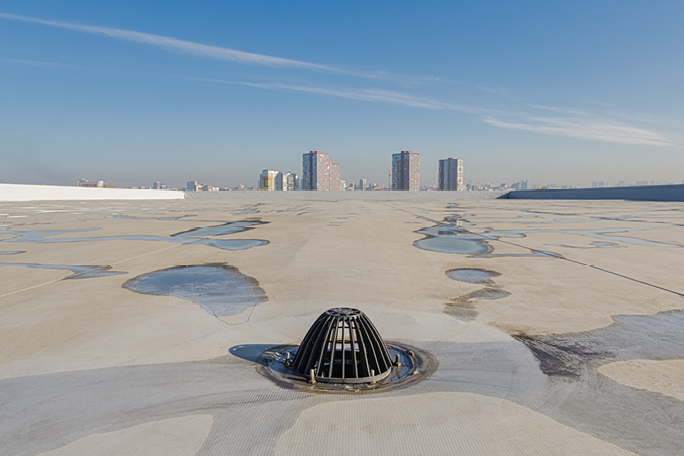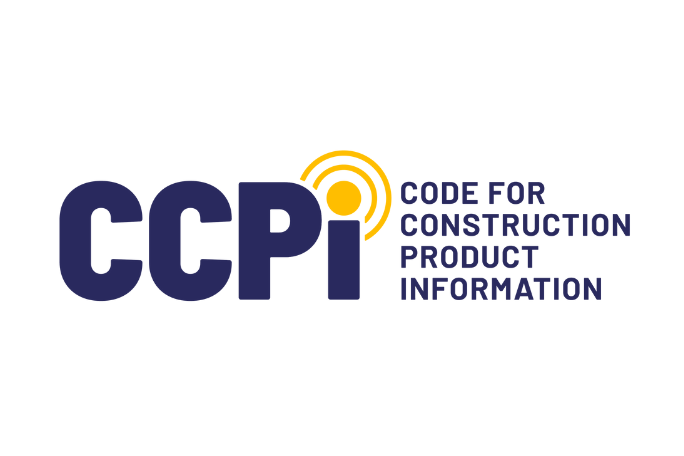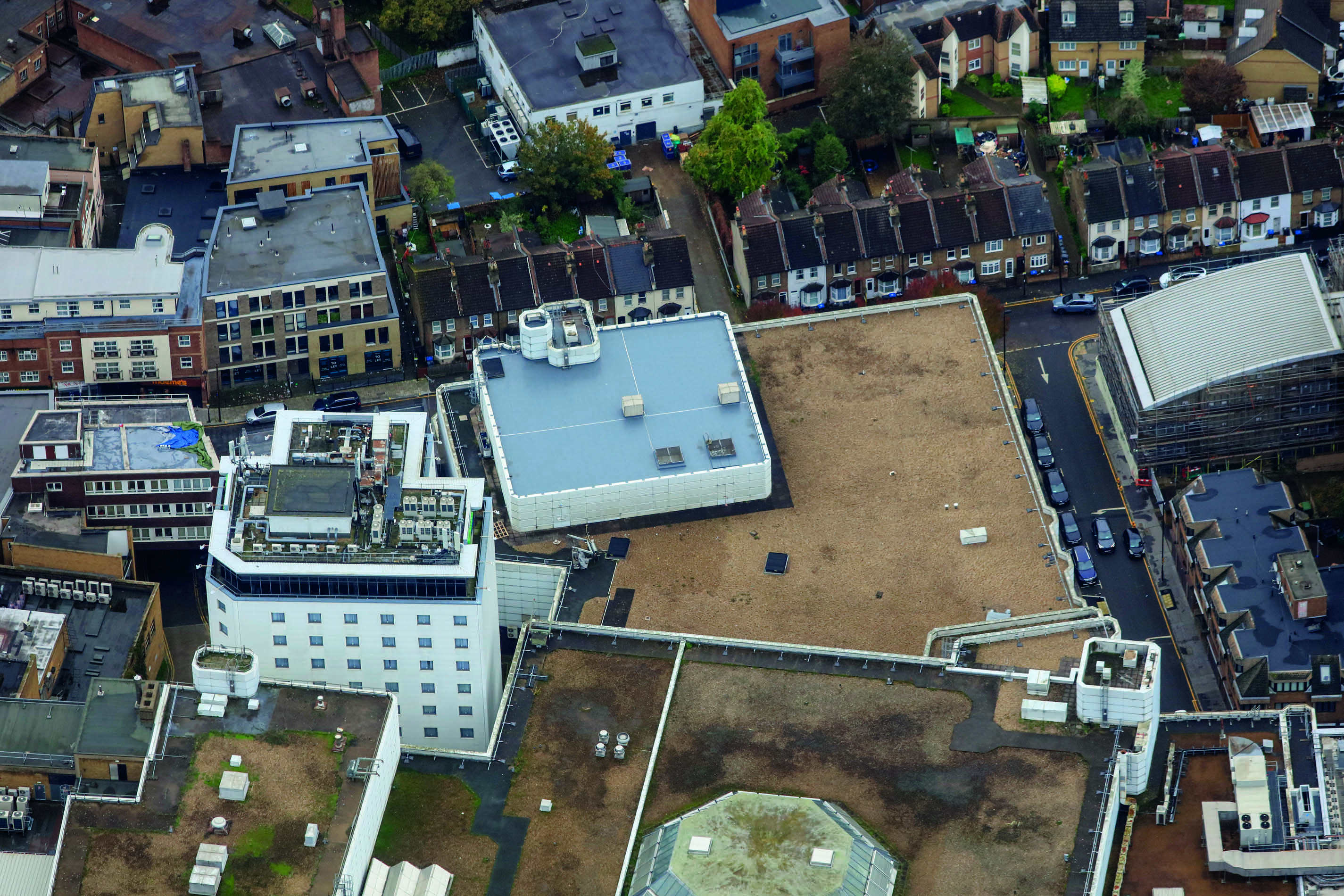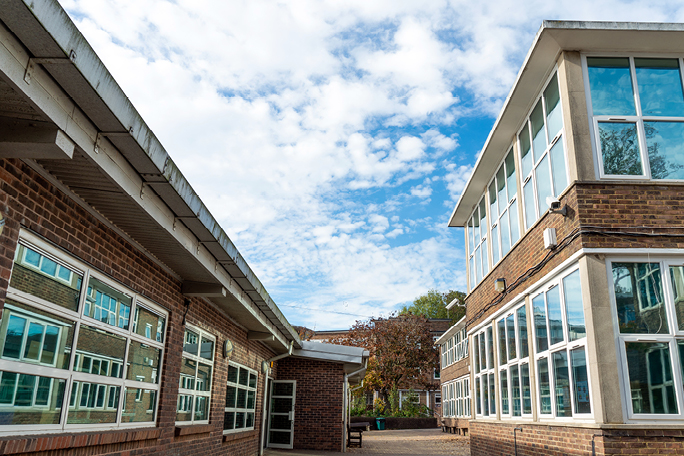What does PPM mean?
What does PPM mean?
PPM stands for planned preventative maintenance. It is proactive compared to typical reactive maintenance as it is planned in advance. Often being carried out on an asset in a scheduled manner/pre-set frequency on a building or piece of equipment for instance.
Opposed to waiting for something to fail, and rectifying reactively, PPM, as the title confirms, acts as a preventative measure. Failures can lead to costly and time-consuming disruption to occupants and business operations. If a complete replacement of the asset is required this is likely to be significantly more expensive.
RICS has published guidance titled ‘Planned Preventative Maintenance of Commercial and Residential Property’ which details further information on the recommended approach to maintenance.
Roof maintenance benefits
With roofs, we often find that problems are left to manifest as they are often not seen, this could either be through a maintenance team inexperienced in roofing issues or because no maintenance has been carried out.
A roof is one of the most important assets of a building, to not only keep occupants and equipment away from the elements and damage-free but to remain sound for it to achieve and work as it's designed to thermally. There are some clearly defined benefits of maintenance, alongside some potentially undervalued examples, including:
- Data gained from regular annual inspections of the roof will support the building's asset management plan
- Minimal, if not at all, need for major unplanned repair work
- Increased productivity due to the fact no unplanned downtime
- Longer lifespan of the roofing asset
- Improved thermal efficiency as maintenance will able to mitigate the risk of water ingress
- It's safer. Having an expert review/maintain your roof compared to general caretakers. Extensive training is required to work at height and building owners are liable if an issue was to arise. Edge protection and other safety measures can be inspected, as again, all safety equipment needs to be checked and maintained
- If small works are required due to discovery from the maintenance inspections, roofing works can be flexible and planned appropriately with business requirements. Reducing disruption.
- Less stressful for those that manage the estate. Having scheduled roof technicians visit your building’s roof regularly will help mitigate risk – giving full assurance to all building stakeholders.
Related Articles

Roof Maintenance
A well-structured maintenance plan can avoid costly reactive repairs and efficiently identify defects that could be detrimental to the long-term performance of the building. This due diligence will provide added peace of mind to occupants and stakeholders alike.











